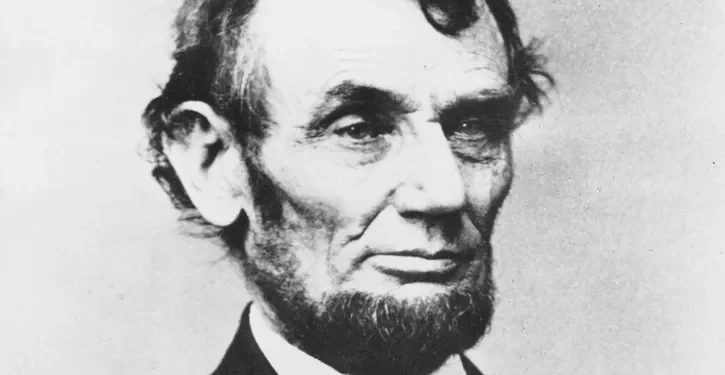On April 14th, 1865, Abraham Lincoln, the 16th President of the United States, had a fateful day that would forever mark both his legacy and American history. Little did he know that this day would be his last, tragically ending in his assassination at Ford’s Theatre in Washington, D.C.
Before the events of that evening unfolded, Abraham Lincoln had already carved a significant place in history. Born in a humble log cabin in Kentucky in 1809, Lincoln rose from poverty to become one of the most revered leaders in American history. His journey was marked by perseverance, determination, and an unwavering commitment to principles of equality and justice.
Lincoln’s presidency was dominated by the Civil War, a conflict that threatened to tear the nation apart. Throughout his tenure, he navigated the complexities of the war with wisdom and resolve, ultimately leading the Union to victory and issuing the Emancipation Proclamation, which declared freedom for slaves in Confederate-held territory.
On this particular day in 1865, Lincoln’s focus was on the task of post-war reconstruction, aiming to heal the wounds of the nation and ensure a lasting peace. He spent the morning meeting with members of his cabinet, discussing plans for the reconstruction of the South and the reunification of the country.
In the evening, Lincoln attended a performance of the comedy “Our American Cousin” at Ford’s Theatre, accompanied by his wife, Mary Todd Lincoln. It was meant to be a moment of relaxation and enjoyment after years of turmoil and strife. However, the night took a tragic turn when John Wilkes Booth, a Confederate sympathizer and actor, crept into the presidential box and shot Lincoln in the head.
The news of Lincoln’s assassination sent shockwaves across the nation and plunged the country into mourning. The man who had led the nation through its darkest hour, who had fought tirelessly for freedom and equality, was gone.
Abraham Lincoln’s death marked the end of an era and left an indelible mark on American history. His legacy as the Great Emancipator and the preserver of the Union endures to this day, reminding us of the enduring values of democracy, equality, and justice that he fought so valiantly to uphold.
As we reflect on this day in 1865, we remember not only the tragic loss of a great leader but also the enduring spirit of resilience and hope that Lincoln embodied. His words and deeds continue to inspire us to strive for a more perfect union, where all are treated with dignity and respect, regardless of race, creed, or background.
newshub



Recent Comments